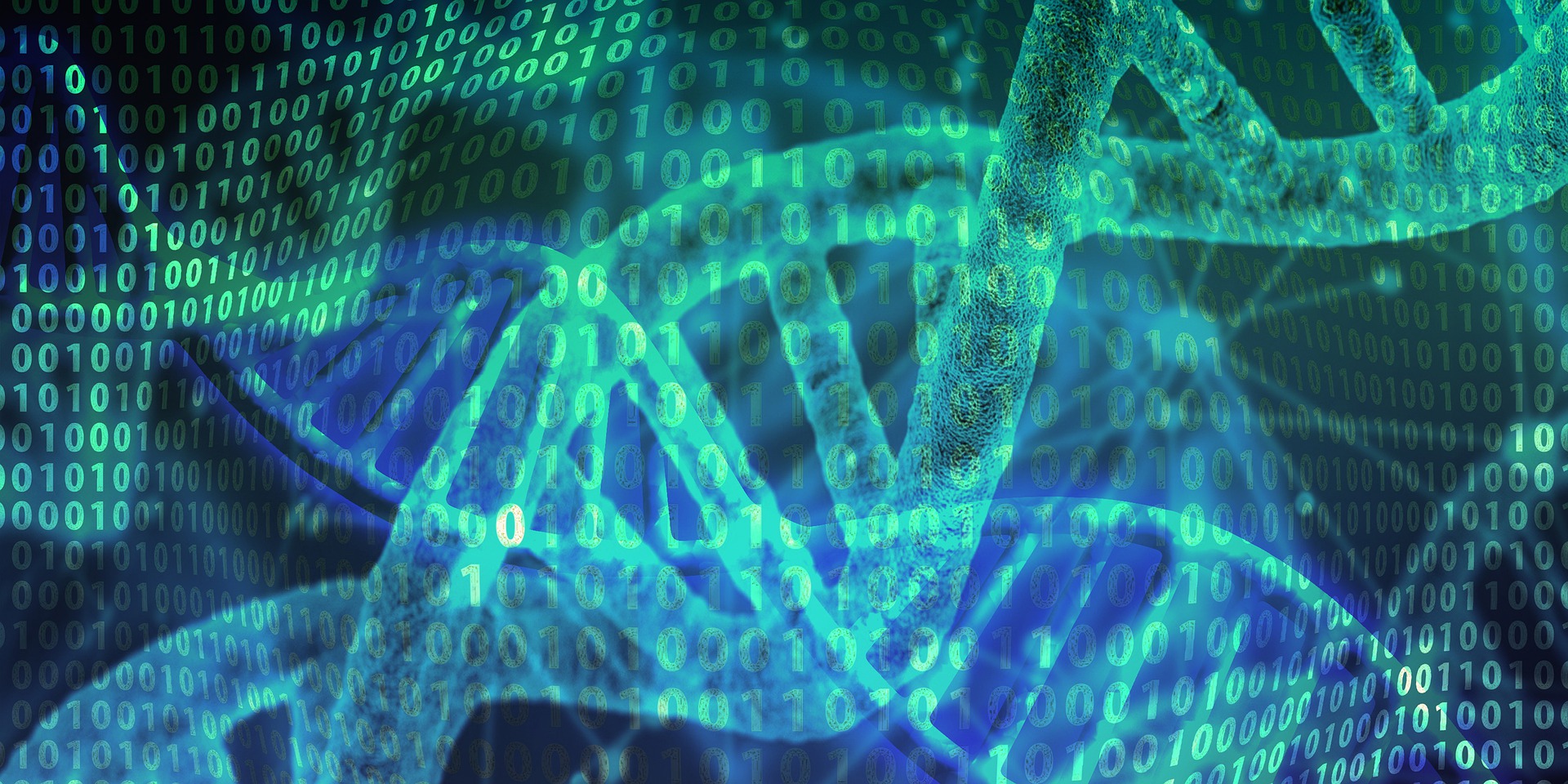Self-Sovereign ID can solve the DNA Data Storage dilemma. The same digital wallet used to contain your Digital ID is perfectly suited for the storage of DNA Data. The best place to keep all your personal records is in a cloud on a secure blockchain. Any time you need your private information, it can be accessed by the Internet with your biometric signature.
DNA harvesting for genomic surveillance is a serious invasion. Know the value of your privacy and Protect your DNA Data behind a secure firewall, connected to registered Self-Sovereign ID
Why is genetic privacy important?
There are many good reasons to be cautious about the harvesting of your genetic information. Your DNA is a unique marker of your identity, and it reveals many things about you, your health and your family. There are many companies who are vying to capture your DNA from the moment you are born. Some states are even assembling huge banks of DNA or blood from newborns, often without parents’ permission.
Big pharma wants your DNA, and it was 23andMe revealed a $300 million USD deal with pharmaceutical giant GlaxoSmithKline that gives them access to aggregate customer data. Calico Life Sciences, a medtech company owned by Google’s parent company, Alphabet, is the also primary research partner of Ancestry.com. These companies actively profit from data-sharing agreements with research institutes and the pharmaceutical industry.
Chinese firms are collecting genetic data from around the world, part of an effort by the Chinese government and companies to develop the world’s largest bio-database, American intelligence officials reported on Friday. China believes dominating these areas will give it an economic edge, and American companies are also investing heavily.
But officials are now also stressing the intersection of technology and genetic and biological research as an area of competition and espionage. Edward You, who is the national counterintelligence officer for emerging and disruptive technologies, said the Chinese government was collecting medical, health and genetic data around the world. The country that builds the best database of information will have an edge on developing cures for future pandemics, and China already has an advantage, he said.
Who Owns Your DNA?
Science magazine drew a very pointed analogy between genetic data banks and money banks in an article published earlier this year. As a bank account holder, you get a receipt when you deposit money. Later, you can access your account, and even terminate your relationship with the bank if you choose. “When we make a deposit to a data bank or biorepository, in contrast, putting our data or specimen into the hands of researchers or clinicians, we lose track of it,” the authors write, further noting how “a deposit to a research or clinical repository is a one-way transaction in which we give up most of our agency and control.”
Some protections regarding genetic privacy do exist. The Genetic Information and Non-Discrimination Act (GINA), which became law in 2008. The act bars the use of genetic information in health insurance and employment

Leave a Reply